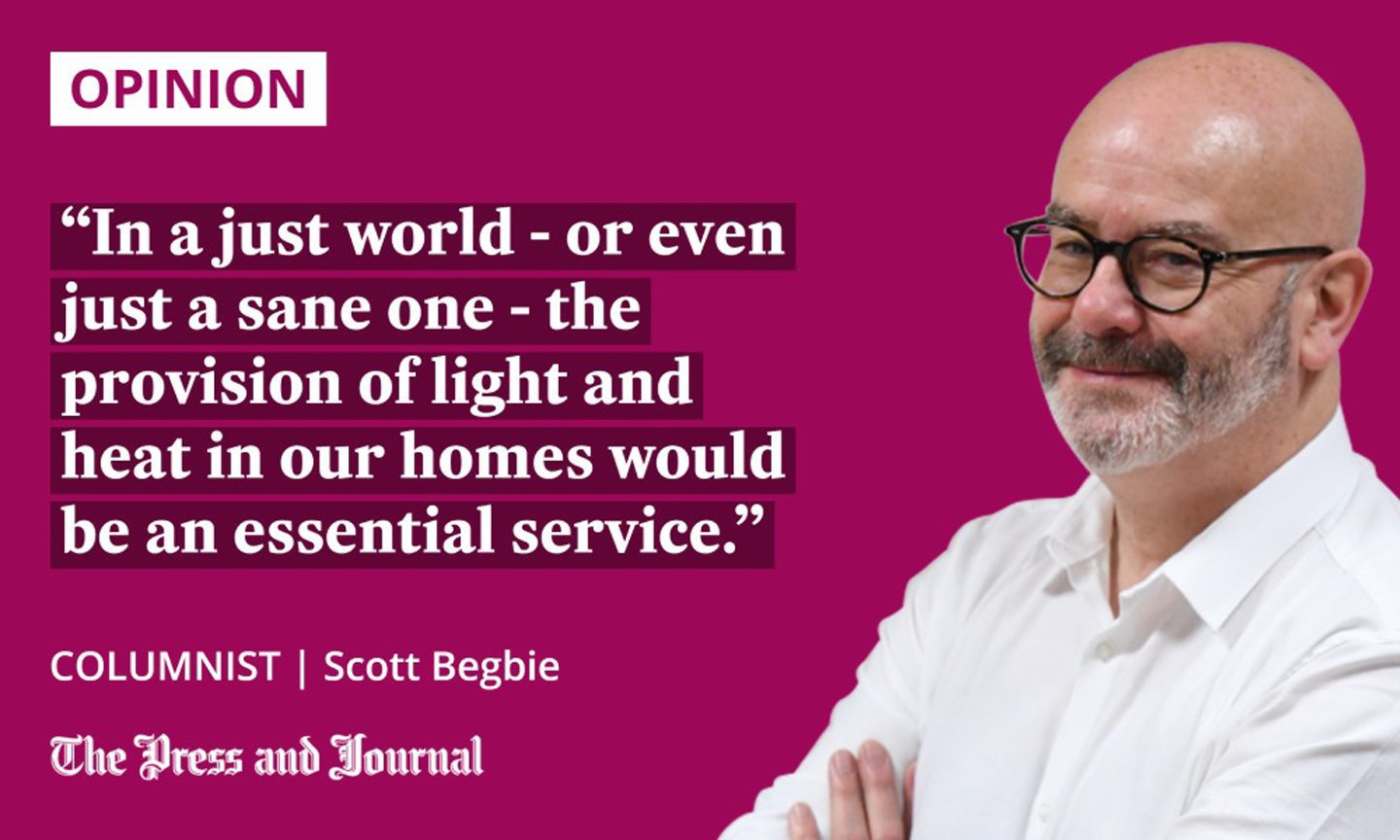If Britain isn’t broken, how do you account for energy giants raking in hundreds of millions of quid in naked profit when there are families and pensioners who spent the winter shivering in fear of putting on the heating?
If everything is hunky-dory in this wonderful world of Tory governance, why have we seen business, shops, restaurants and theatres forced to shut down because they can’t afford eye-watering power bills, while British Gas increased its takings tenfold?
And, if we live in the best of all possible worlds, why is the response from the powers that be a shrug and: “It’s just a one-off” while British Gas trousers £969 million in profits?
Gosh, I wonder what the better part of a billion quid could do to help people in poverty struggling through the cost-of-living crisis?
Just think of the lift businesses on the brink could have, if only there were access to a slush fund of profits made off the back of war and chaos. But, nope – off it goes to the shareholders for an uptick in their portfolio.

In the inevitable and justified backlash against this obscene grift, the usual excuses are trotted out about world affairs, events beyond anyone’s control or the market adjusting itself. So, how come it never adjusts itself in favour of us poor oiks who were almost literally burning our disposable income to heat and eat?
The reason is pretty obvious, isn’t it? The system is not just broken, it’s rigged.
We have people in power in Westminster who are more interested in protecting the profits of global conglomerates than protecting the people of this country.
In a just world – or even just a sane one – the provision of light and heat in our homes would be an essential service. Now it’s just a commodity, and shareholders’ dividends are more important than keeping pensioners and bairns warm and fed.
Pay up or put another jumper on
The privatisation of gas and electricity was a Thatcherite project which claimed it would break a monopoly to give consumers choice and reduce prices. The reality is that consumers do have a choice – pay up or put another jumper on in the house on chilly days.
Of course, the cheerleaders for capitalism say we will see prices ease. Ease, is it?
How about dropping back to where they were? How about being lower than they were? Will that happen? No.
And, at the first sign of a blip in the oil and gas markets, our prices will soar again overnight. Let’s see what happens this winter.
There is a solution. It’s one we had before. It’s one we need again. Nationalise gas and electricity. It’s that simple.
Instead of obscene profits going to rich people who don’t need them, the gazillions raised could improve infrastructure and keep bills lower for everyone in the country, if we had a national energy firm, owned by all of us, working for all of us.
Surely it is time to give power back to the people.
Scott Begbie is a journalist and editor, formerly for The Press & Journal and Evening Express

